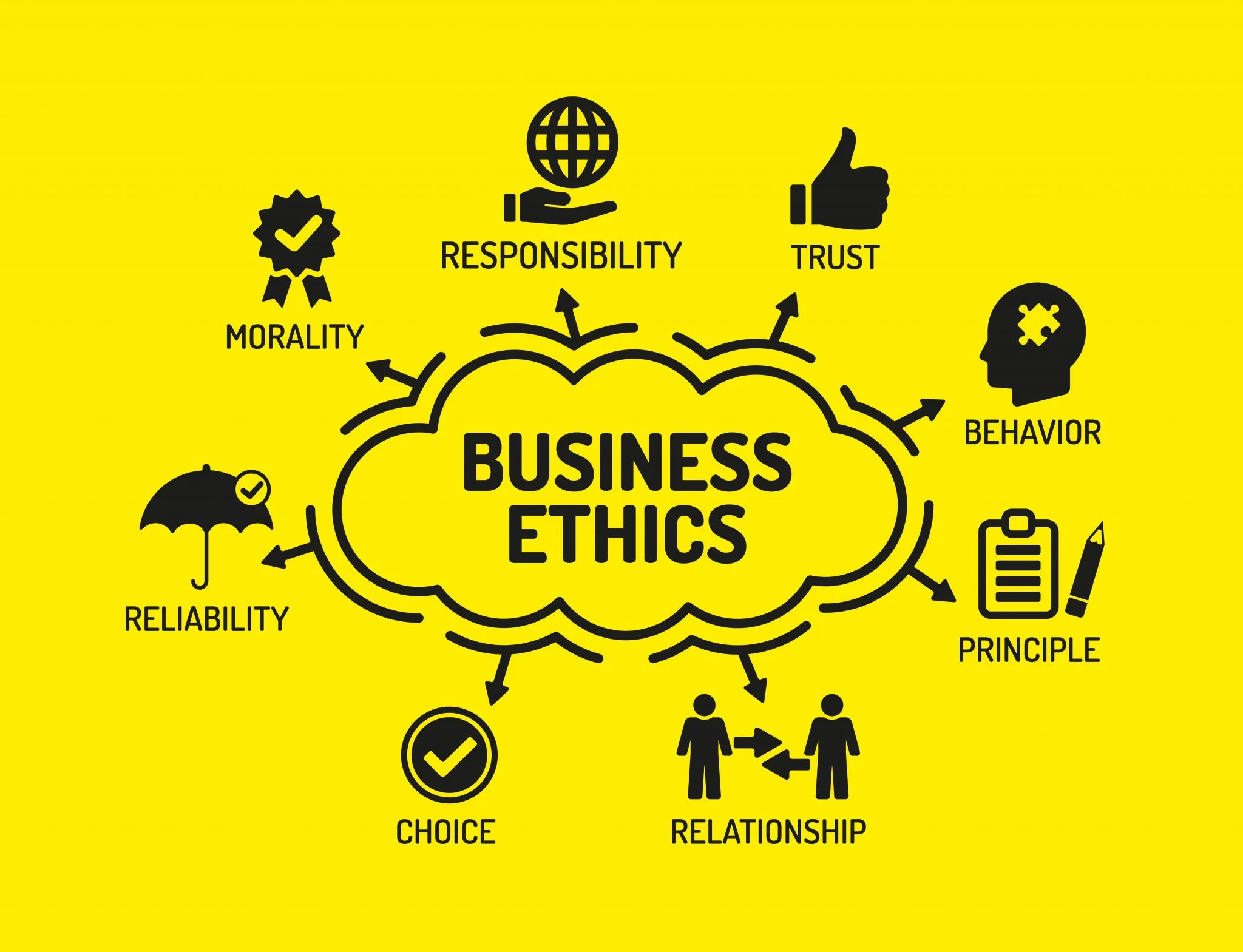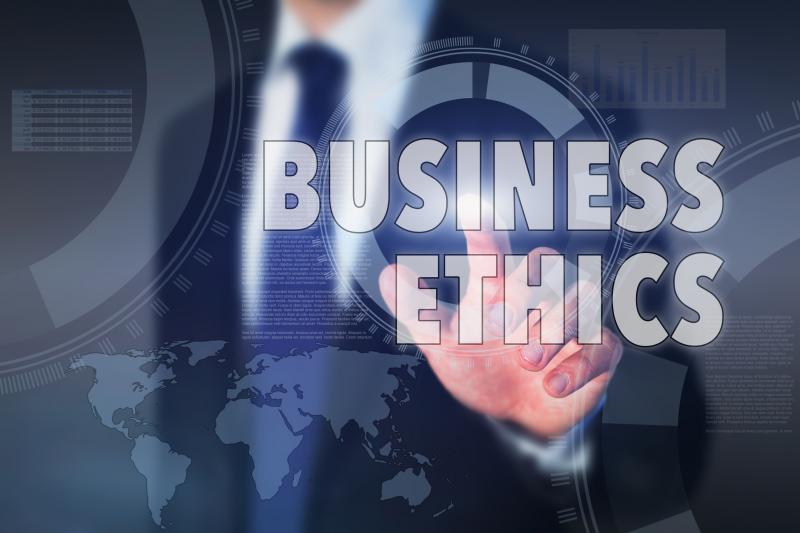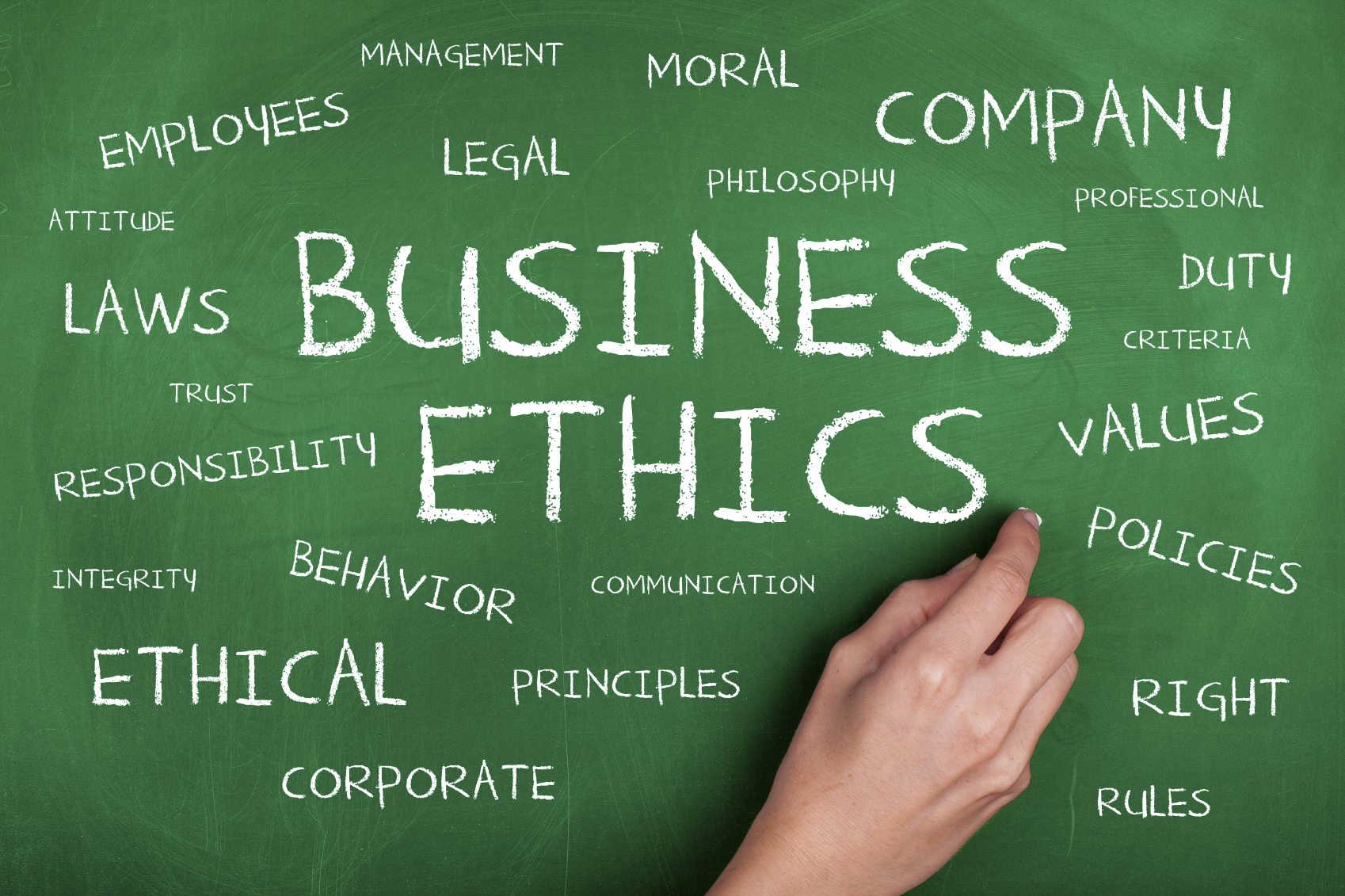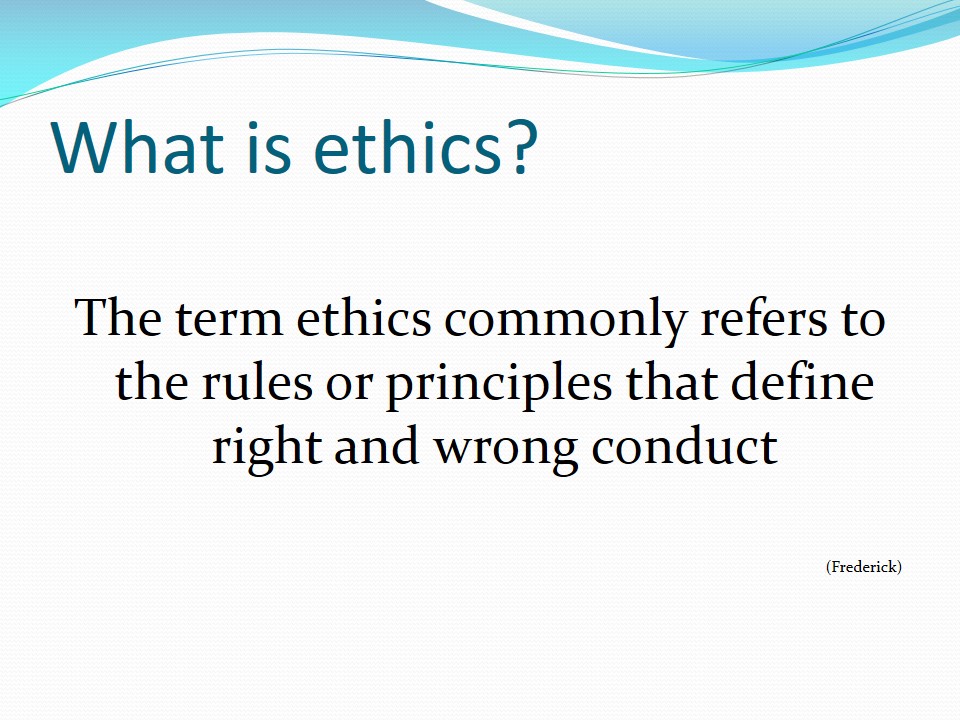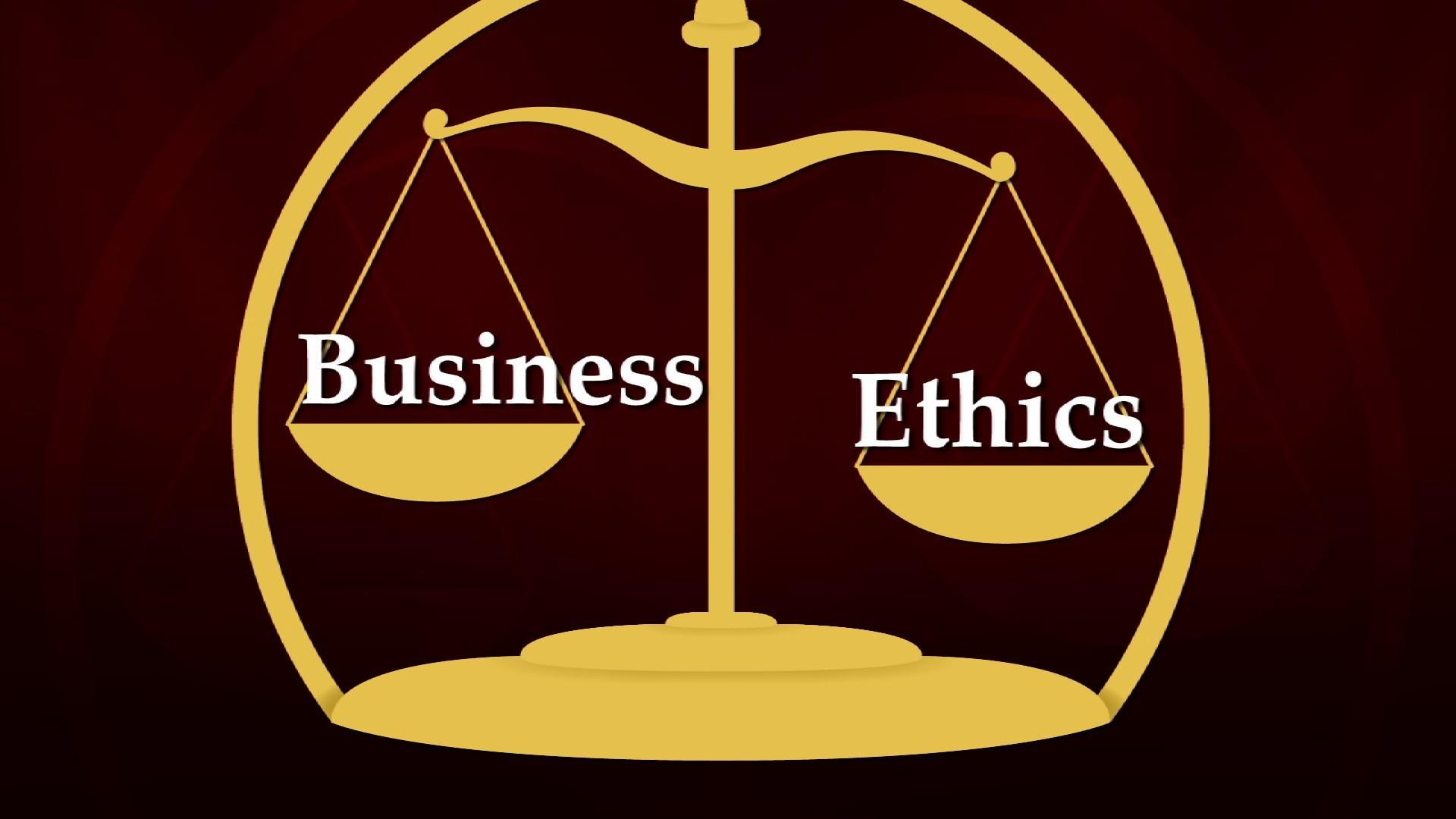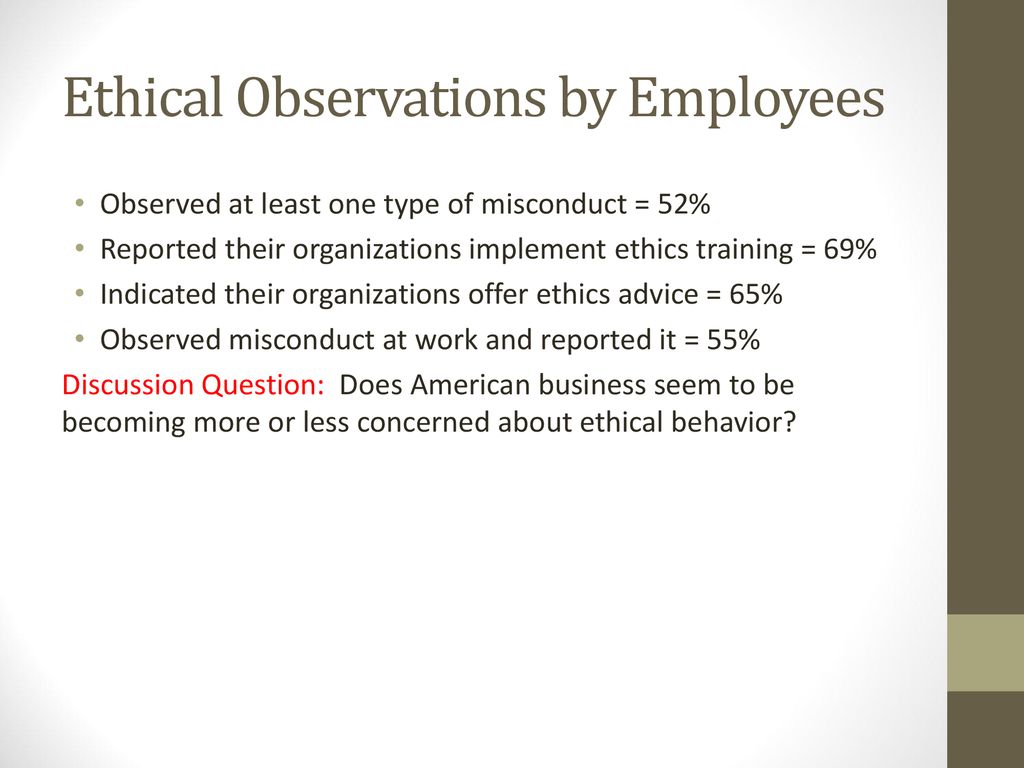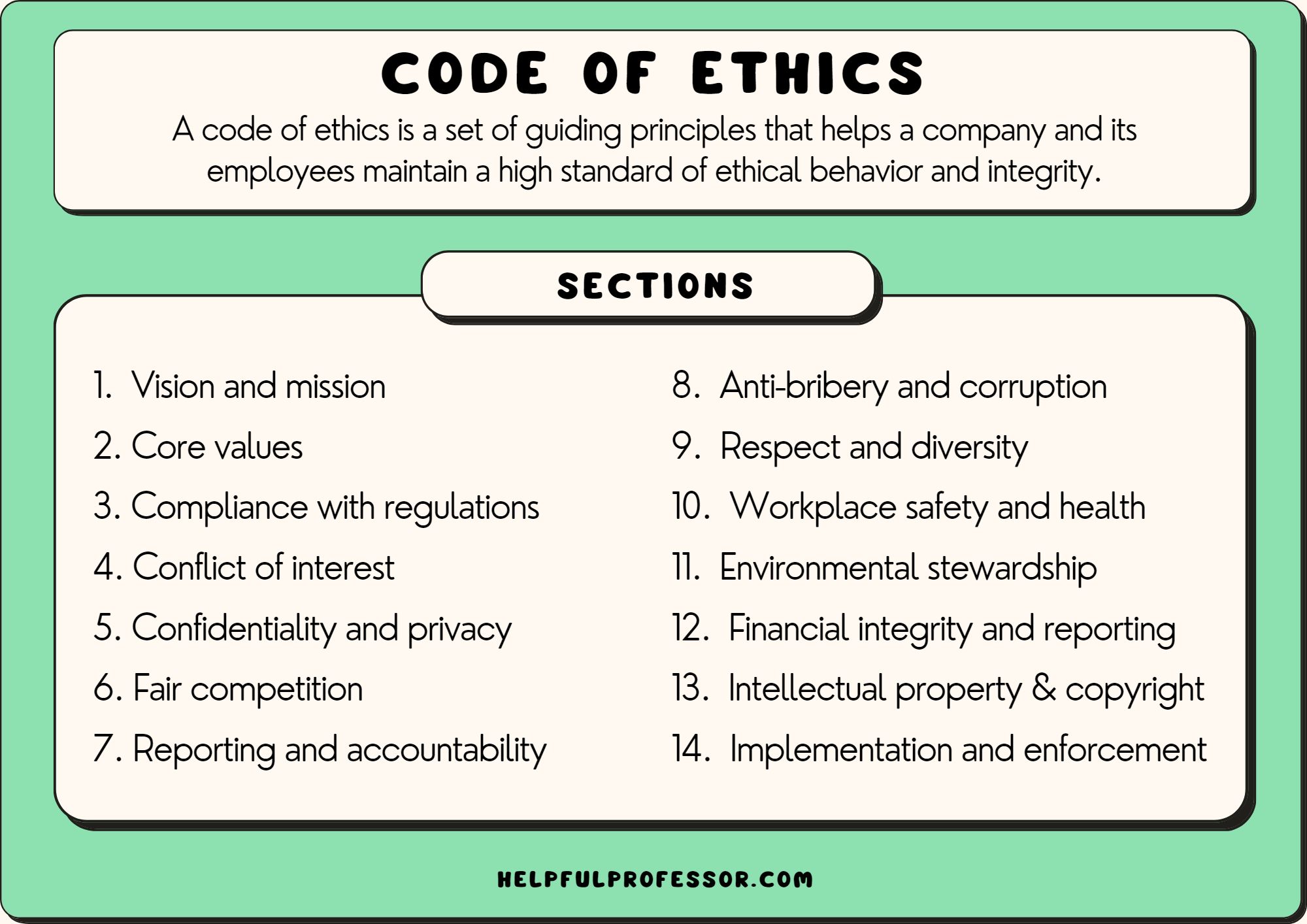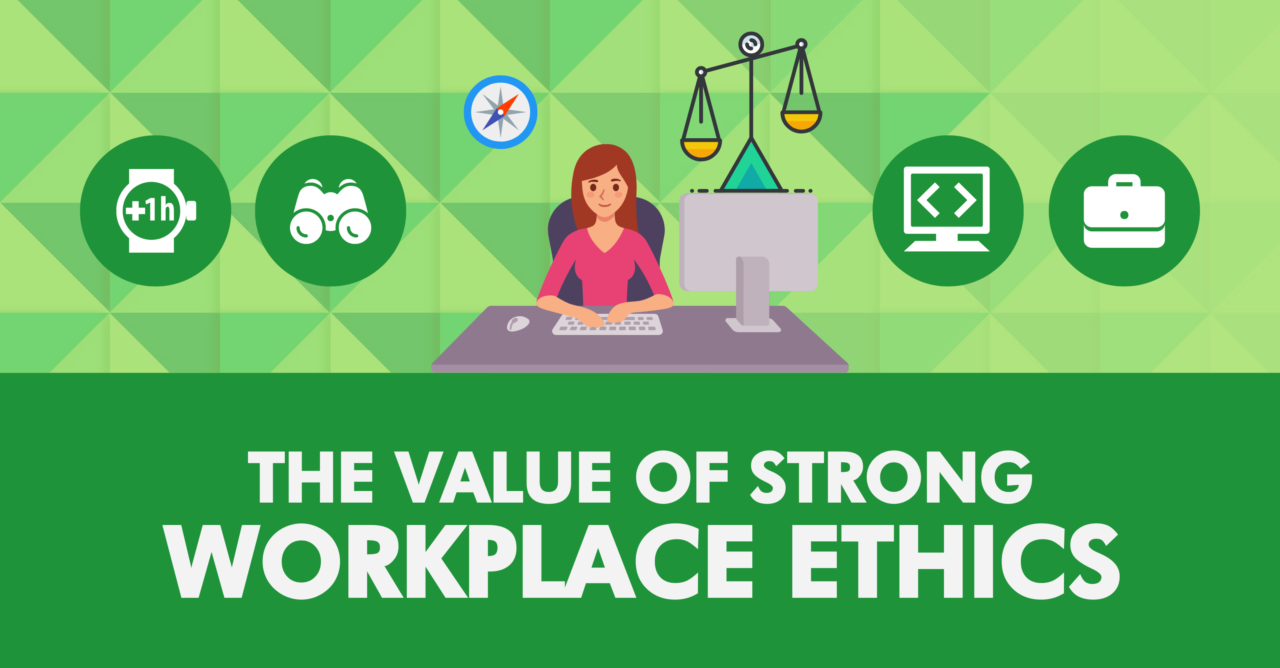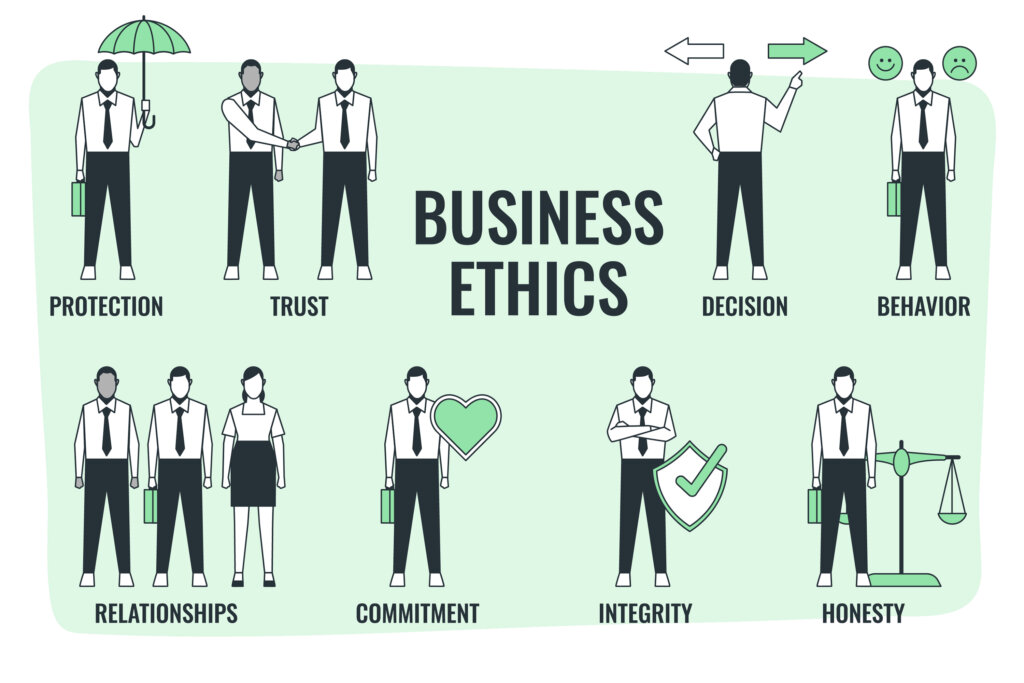Is The Business World Becoming More Or Less Ethical

In the wake of high-profile corporate scandals and increasing societal expectations, the question of ethics in the business world remains a central concern. Are companies genuinely striving for higher moral ground, or are unethical practices becoming further entrenched beneath layers of sophisticated maneuvering? The answer, it seems, is far more complex than a simple binary choice.
This article delves into the multifaceted issue of business ethics, examining the evidence for both progress and regression. By analyzing data from reputable organizations, expert opinions, and case studies, we aim to provide a balanced perspective on whether the business landscape is trending toward greater ethical responsibility or succumbing to the pressures of profit maximization at any cost.
The Push for Ethical Business Practices
A growing awareness of Environmental, Social, and Governance (ESG) factors is pushing companies to adopt more responsible practices. Investors are increasingly factoring ESG considerations into their decisions, creating a financial incentive for businesses to prioritize ethical conduct.
According to a 2023 report by Morningstar, sustainable investing funds have seen significant growth in recent years. This demonstrates a tangible shift towards businesses that align with ethical values.
Furthermore, initiatives like the UN Global Compact are encouraging businesses worldwide to adopt sustainable and socially responsible policies. The increased focus on corporate social responsibility (CSR) suggests a move towards more ethical operations.
Transparency and Accountability
Increased transparency and stricter regulations are making it more difficult for companies to conceal unethical behavior. Whistleblower protection laws are emboldening employees to report wrongdoing, leading to greater accountability.
The Sarbanes-Oxley Act in the US, for example, has played a significant role in improving corporate governance and financial reporting. Enhanced monitoring and enforcement by regulatory bodies are also acting as deterrents.
However, the effectiveness of these measures is constantly challenged by increasingly sophisticated methods of concealing illicit activities. Technological advancements also introduce new avenues for unethical behavior, such as data breaches and privacy violations.
The Persistence of Unethical Conduct
Despite progress in some areas, unethical practices continue to plague the business world. Cases of fraud, corruption, and environmental damage remain disturbingly common, highlighting the enduring temptation to prioritize profits over ethical considerations.
A 2024 survey by the Ethics & Compliance Initiative (ECI) found that a significant percentage of employees still observe misconduct in the workplace. This suggests that ethical cultures within many organizations are not as strong as they should be.
Furthermore, the pressure to meet short-term financial targets can incentivize unethical behavior. The relentless pursuit of shareholder value often comes at the expense of ethical considerations.
The Role of Leadership
The ethical tone at the top is crucial in shaping a company's culture. When leaders prioritize ethics and integrity, employees are more likely to follow suit.
Conversely, unethical leadership can create a toxic environment where misconduct is tolerated or even encouraged. The collapse of Enron serves as a stark reminder of the devastating consequences of unethical leadership.
However, even with ethical leadership, a company can face ethical challenges due to external pressures or unforeseen circumstances. A strong ethical framework, supported by ongoing training and open communication, is essential to navigate these complexities.
A Complex and Evolving Landscape
The business world's ethical landscape is neither definitively improving nor deteriorating, but rather evolving in response to various forces. Increased scrutiny and regulatory oversight are pushing companies to adopt more responsible practices.
However, the pressure to maximize profits and the temptation to cut corners remain powerful drivers of unethical behavior. The rise of globalization and new technologies also presents new ethical challenges.
Moving forward, a multi-pronged approach is needed to foster a more ethical business environment. This includes strengthening regulations, promoting ethical leadership, and empowering employees to speak up against wrongdoing.
Moreover, fostering a greater sense of social responsibility among businesses is critical. Companies must recognize that their long-term success depends on their ability to operate in a sustainable and ethical manner.
Ultimately, the future of business ethics hinges on a collective commitment to integrity, transparency, and accountability. Only through sustained efforts can we hope to create a business world that truly serves the interests of all stakeholders, not just shareholders.


